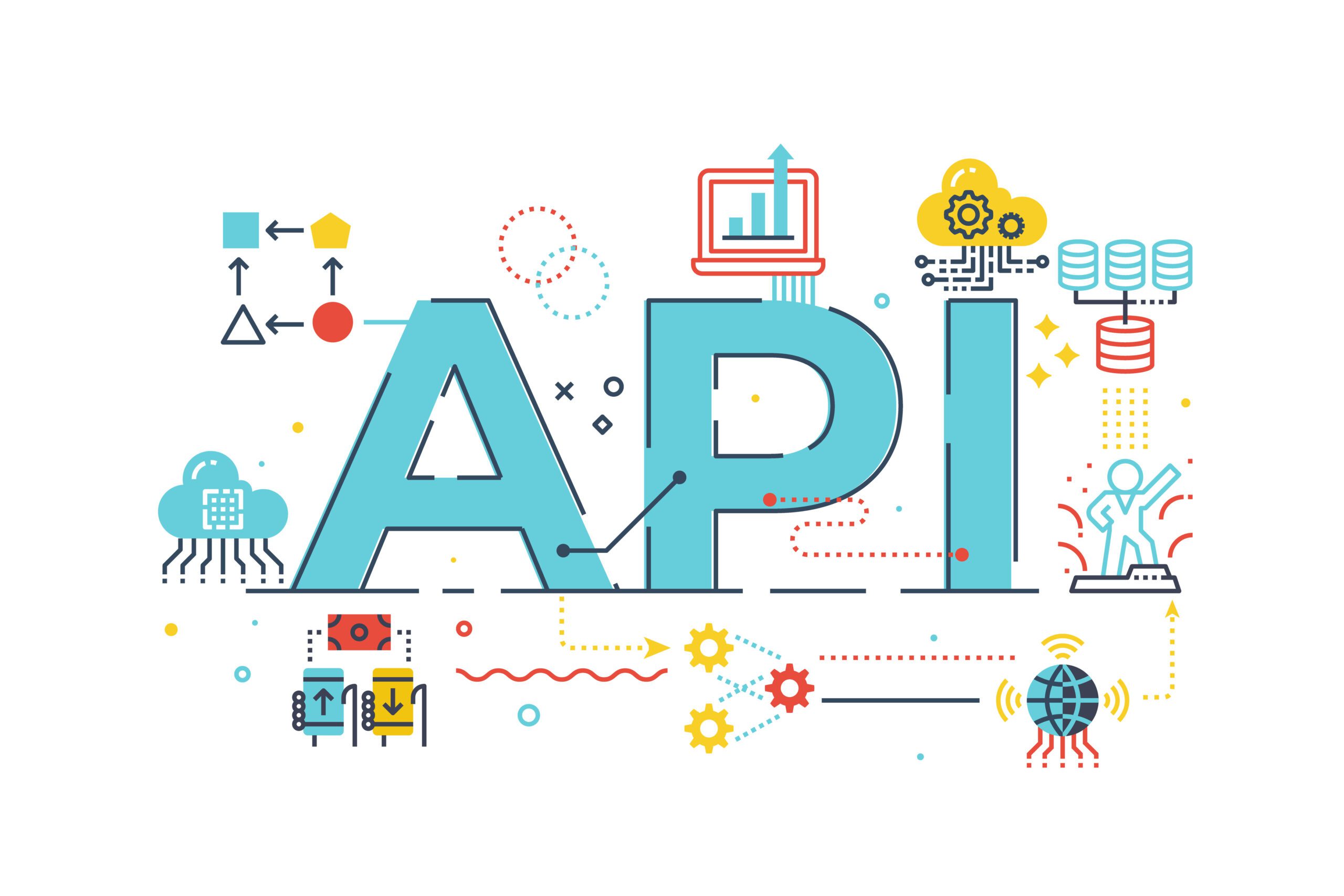APIs are vital building blocks in the digital world, contributing to the creation of sophisticated, efficient, and seamless systems. Their influence is increasingly becoming more evident within the ecommerce domain, especially with the rise of the API economy. This article explores how APIs can be exploited for enhanced ecommerce operations and outcomes.
API, or Application Programming Interface, is a software intermediary facilitating communication and data exchange between two or more applications. These gatekeepers have given rise to an “API Economy,” a global commercial environment driven by the exchange of APIs and API-based capabilities among businesses.
This shift in focus towards an API-first strategy is revolutionizing various sectors, including ecommerce. APIs essentially act as bridges, connecting various systems, applications, and services together. This connectivity allows for more streamlined operations, offering significant business value.
APIs can have transformative effects on ecommerce platforms, enabling flexible tech stacks through various integrations. Below are some key benefits:
Enhanced Security – APIs can safeguard your ecommerce platform by creating an additional security layer between your systems and data requests, crucial in protecting customer data.
Reusability – System APIs can be repeatedly used across various platforms and applications, leading to significant time and cost savings.
Scalability – APIs can contribute to the growth of your ecommerce ecosystem without altering the fundamental system, providing scalability and flexibility to adapt to changing needs.
Extensibility – APIs allow you to extend your platform to evolve with changing market conditions and buyer behavior. They facilitate easy addition or removal of elements from your existing system.
Two main strategies guide the use of APIs in ecommerce:
This model focuses on utilizing an ecommerce platform at the user-interface level and using APIs at the back-end for data orchestration.
This model, also known as headless commerce, decouples the user-interface from the ecommerce platform and uses APIs for seamless data orchestration. The focus here is to provide superior content experiences that eventually lead customers towards a traditional ecommerce experience.
It’s crucial to understand that not all APIs are created equally. Differences in speed, efficiency, and cost are noticeable, especially between on-premise, cloud, and SaaS solutions like cs-cart. There are also distinctions between open APIs and private APIs.
Incorporating cs-cart’s open API allows businesses to gain the advantages of a SaaS platform, such as low ownership cost and swift market entry, along with the flexibility of creating custom integrations and functionality.


The API economy provides opportunities for agile marketing and channel expansion without disturbing your back-office data orchestration and security. It can help you develop an adaptive strategy that gives your brand a competitive edge. By streamlining business operations and building customer loyalty, APIs can enhance profitability in the ecommerce domain.
An API, or Application Programming Interface, is a set of rules or protocols that allows different software applications to communicate with each other. In ecommerce, APIs enable integration between various systems like the ecommerce platform, payment gateways, inventory management systems, shipping providers, and customer relationship management (CRM) tools.
APIs can greatly enhance your ecommerce operations by improving efficiency, streamlining workflows, and enhancing the customer experience. They allow for seamless integration of different systems, enabling automated updates across platforms, real-time inventory management, personalized customer experiences, and more.
Open APIs, also known as public APIs, are publicly accessible and can be used by any developer. Private APIs, on the other hand, are typically used internally within an organization or by selected partners. They require special permissions to use.
APIs add an extra layer of security by controlling how and what data is accessed between applications. They can also be used to integrate with various security solutions like fraud detection systems, secure payment gateways, and identity verification tools.
APIs provide the necessary flexibility and scalability for your ecommerce business to grow. They allow for easy integration of new features, services, or platforms without disrupting your existing system. This means you can expand your offerings, enter new markets, or scale up your operations as needed with minimal technical challenges.
A headless commerce model decouples the front-end presentation layer of your ecommerce platform from the back-end systems. This allows for greater flexibility in designing unique customer experiences. APIs play a critical role in this model by enabling seamless data exchange between the front-end and back-end systems, ensuring consistent and accurate data across platforms.
APIs can enable integration with tools that provide customer insights, allowing you to personalize the shopping experience. For example, they can help integrate a CRM or a personalization engine with your ecommerce platform, enabling tailored product recommendations, personalized content, or targeted marketing campaigns.
Yes, APIs can be pivotal in managing multi-channel retailing. They allow for the seamless sharing of data across different sales channels, ensuring inventory, pricing, and product information are consistent and updated in real-time across all platforms. This improves operational efficiency and provides a unified shopping experience for customers, regardless of the channel they choose to interact with your business.
APIs can integrate your ecommerce platform with various payment gateways, enabling secure and easy transactions. Additionally, Tax APIs can help calculate the correct sales tax for each transaction based on the customer’s location, ensuring compliance with different tax laws and regulations.
There are several types of APIs commonly used in ecommerce, including Product Information APIs, Payment APIs, Shipping APIs, Tax APIs, Customer APIs, Inventory APIs, Marketing APIs, and many others. Each serves a unique function in creating a seamless, efficient, and robust ecommerce operation.

